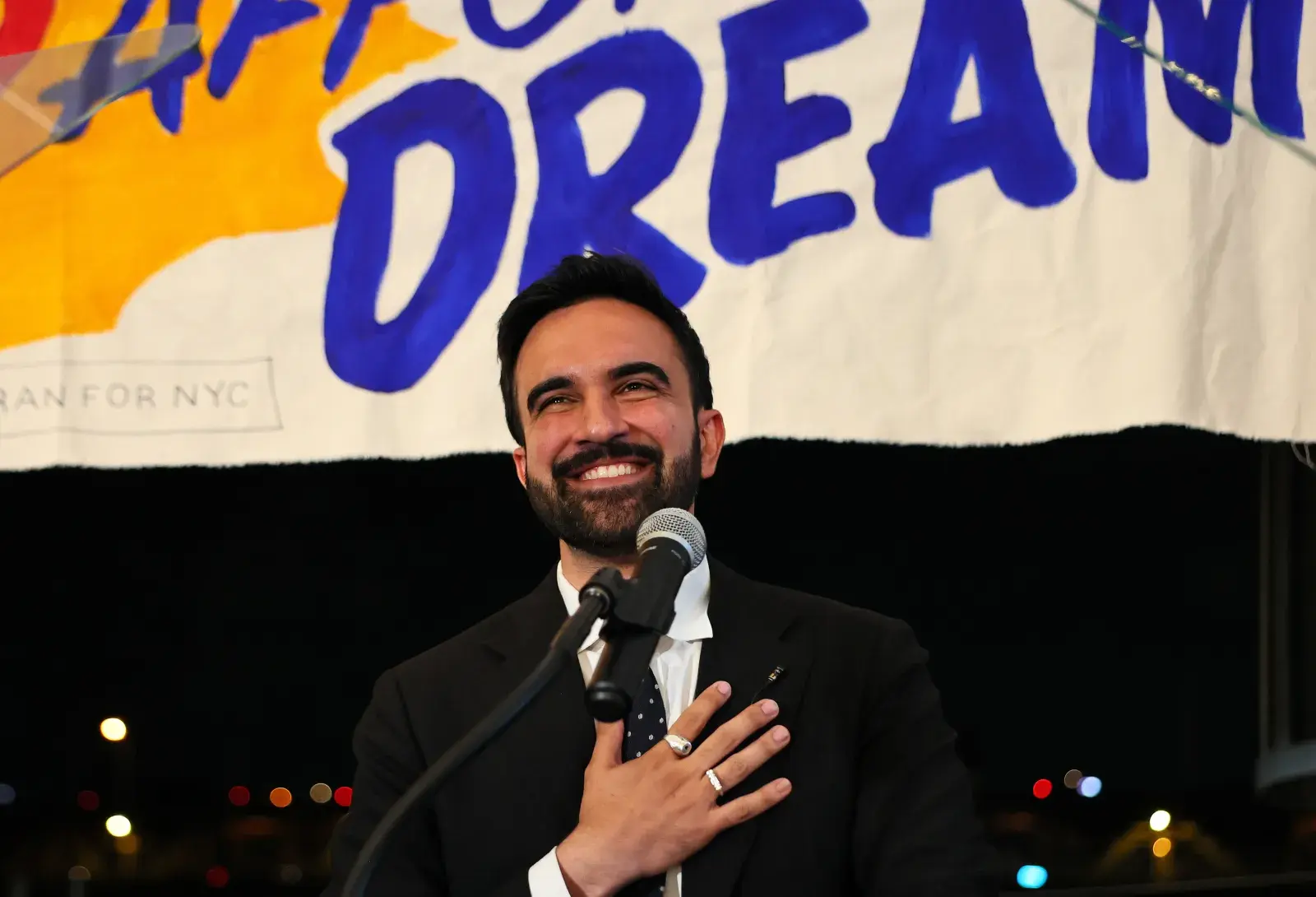This Tuesday marked two years since Hamas' October 7, 2023, attack on Israel.
Is there any way to make sure the events of October 7 are not repeated? What can the U.S., or the world, do to fight terrorism in the Middle East? Newsweek contributors Dan Perry and Daniel R. DePetris debate:
Dan Perry:
The world cannot protect all borders, but the case of October 7 was unique: A jihadist terrorist group was allowed to forcibly take over a delicately situated territory, arm itself to the teeth, dig attack tunnels, and oppress the local population for almost 20 years. Hamas, Palestinian Islamic Jihad, Hezbollah in Lebanon—the world treated these as acceptable, as the problems of perhaps Israel and Lebanon. But these criminal organizations can create butterfly effects. It’s not too far-fetched to claim the massacre of Israelis on October 7, 2023, not only badly backfired against Palestinians, but also helped Donald Trump return to office, and in this way affected, say, Ukraine. These militias must be seen as the enemies of all humanity.
Daniel R. DePetris:
The blunt reality is that terrorism is a problem to be managed, not solved. While this might be a cliche, it’s one that rings true; states can’t win the war on terrorism any more than they can win the war on poverty or the war on drugs. What states can do, however, is limit the degree to which terrorist groups can operate. This includes everything from treating threat assessments from intelligence analysts lower down the chain of command with the seriousness they deserve to working on comprehensive strategies that seek to undermine the narratives and causes these terrorist groups use to gain recruits and resources. Unfortunately for Israel’s political leadership, none of this occurred in the lead-up to the October 7 attack; threats about a Hamas build-up along the Israel-Gaza border were discarded, and political resolutions to the Israeli-Palestinian dispute were left in purgatory.
Perry:
I agree states should limit the degree to which terrorist groups can operate, but we can aim higher. Iran’s project of backing, funding, training, and arming militias around the Mideast—the Shiite groups in Iraq and Houthis in Yemen in addition to the ones I mentioned—should have been a casus belli long ago. It cannot be tolerated at all, and it justifies everything up to and including regime change actions in Iran. And once the world is rid of Hamas, helping Lebanon get rid of Hezbollah—which propped up Bashar Al-Assad for years—should be one of the West's top priorities.

DePetris:
I agree that Hamas and Hezbollah should ideally disappear from the face of the Earth, and you won’t get any objections from me about Iran’s support for terrorist groups providing Israel with some justification to use military means. But I disagree wholeheartedly with the idea that regime change in Iran is a panacea to the problems Israel is currently confronting, if only because we can’t be sure any post-Khamenei government in Tehran would act any differently, or that its foreign policy would be any less aggressive. And let’s face it: while there’s no question Hamas received Iranian support, the group makes its own decisions.
Perry:
Let's keep it simple: it would be better if Hamas and Hezbollah were not funded by Iran, and better still if the Iranian people were freed from the grip of the Islamic Republic. This isn’t about a panacea for Israel but an improvement for the world, the region, and the people of Iran. I’m willing to bet that a post-Khamenei government, whatever its ambitions, would not be at war with the West—or with Israel. How to bring that about is an open question.
DePetris:
I’m far more skeptical than you are about how a post-Khamenei government would behave, but let’s agree to disagree. I want to go back to the big question here: what role does the United States have in all of this? It seems to me the answer is quite simple: keep open lines of communication with every state in the world to the extent we can, at least in the intelligence domain. The more eyes are on a mutual threat, the better chances we have to avert it. I’m not sure the U.S. should be any more ambitious than that. Doing too much tends to make the problem worse, not better. And interventionism can spawn more terrorists, not less.
Perry:
I’m far more pro-intervention. The U.S.—the world’s most powerful country—can and should do more. It can compel, coerce, and convince. Qatar, which hosts our biggest regional air base, should have long been told its U.S. ties depend on cutting Hamas off completely. And Iran must know that supporting Islamist militias means war with the West. Coercion—even intervention—is legitimate.
DePetris:
It should be noted, of course, that the United States and Israel supported Qatar’s decision to host Hamas’ political bureau more than a decade ago because doing so provided both states with a reliable means to send messages to the group. Qatar has largely done what Washington has asked—indeed, Trump’s 20-point peace plan was unlikely to come into being without Qatari mediation. That being said, there's no question Qatar has extremist links. But you can say the same about Saudi Arabia and the United Arab Emirates.
Perry:
Qatar long clashed with Saudi Arabia, Egypt, and others over support for the Muslim Brotherhood. Beyond that dispute, the U.S. and the West must absolutely draw the line with militant jihadism. Every U.S. and Western ally must understand that hosting, funding, supporting, or tolerating jihadist groups is toxic and intolerable. The West should show zero tolerance for militant Islam and force everyone it can to cut all ties to such movements without exception—starting now.
DePetris:
This sounds like a return to George W. Bush’s War on Terror paradigm, which was massively expensive, overstretched the U.S. military, resulted in a gross expansion of presidential power, and had next to no strategic rationale. That war never truly ended because the end point—no more terrorism—was totally unattainable, and it’s a war the Trump administration continues to prosecute, albeit at a lower pace. I don’t want the United States diving into something like this ever again, particularly if it’s on behalf of other countries with their own unique interests and incentives.
Dan Perry is the former Cairo-based Middle East editor (also leading coverage from Iran) and London-based Europe/Africa editor of the Associated Press, the former chairman of the Foreign Press Association in Jerusalem, and the author of two books. Follow him at danperry.substack.com.
Daniel R. DePetris is a fellow at Defense Priorities and a syndicated foreign affairs columnist at the Chicago Tribune.
The views expressed in this article are the writers' own.



















